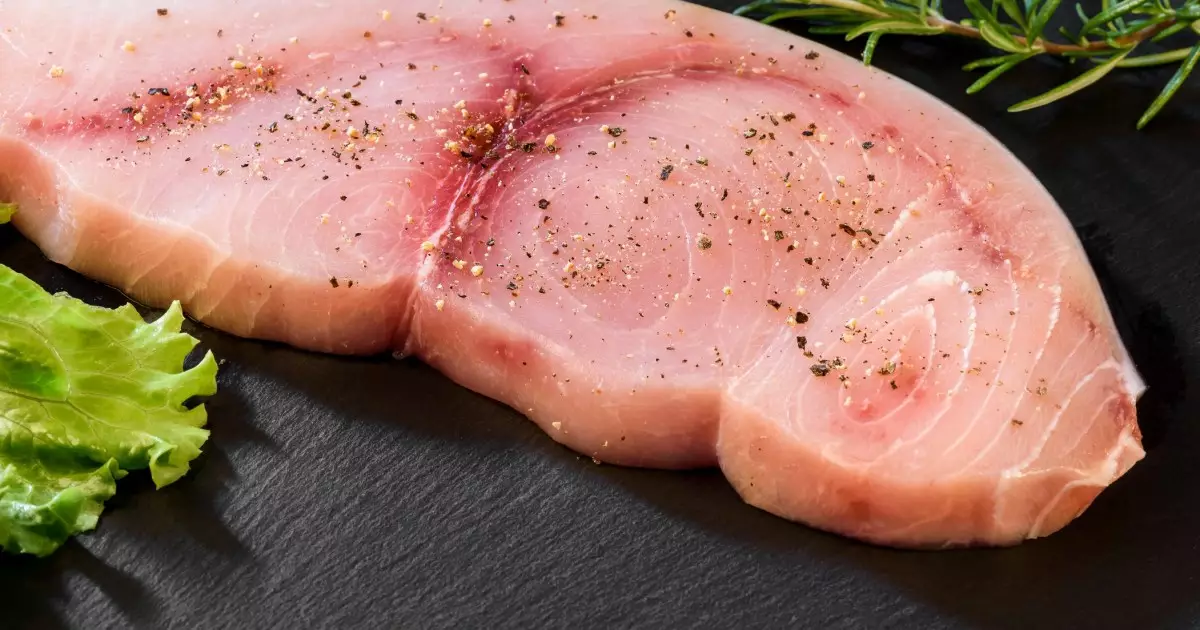While many dog owners are well aware of the dietary needs of their furry friends, certain foods still pose a challenge when it comes to safety. Fish is often recommended as a nutritious protein source for dogs, but not all fish are created equal. Among the wide variety of seafood, swordfish emerges as a species that should be approached with caution. The striking appeal of its taste might entice both humans and dogs, yet the truth about its safety for canines reveals a complex narrative.
The Mercury Menace: Understanding Heavy Metal Contamination
Swordfish, along with other large fish such as tuna, is notorious for its high mercury content. This is due to a process known as biomagnification, where toxins accumulate in a fish’s body over its long lifespan. Dogs metabolize substances differently than humans, making them potentially more susceptible to the harmful effects of heavy metals. The risks are not merely theoretical; prolonged exposure to mercury can lead to serious health concerns, including neurological damage, which underscores the importance of scrutinizing fish options for your pets.
Choosing Safer Alternatives: Fish within Reach
Instead of opting for swordfish, pet owners are encouraged to consider smaller varieties like herring, cod, or sardines that offer nutritional benefits without the heavy metal worries. These alternatives are not only lower in mercury but also rich in Omega 3 fatty acids, which are known to support skin health, joints, and overall well-being in dogs. When introducing any kind of fish into your dog’s diet, moderation is key, and regular veterinary consultation will help ensure that what you offer is safe and beneficial.
Accidental Ingestion: What to Do If Your Dog Sneaks a Bite
Even the most vigilant dog owner can encounter an instance where their pet consumes swordfish inadvertently. In such cases, panic is not necessary. Generally, a small amount may not result in immediate harm, but it’s essential to be attentive. Symptoms like vomiting, diarrhea, or unusual lethargy can serve as red flags for adverse reactions. Monitoring your dog’s behavior following such an incident is crucial, and when in doubt, reaching out to your veterinarian can provide the necessary reassurance and guidance.
While swordfish can seem like a tempting option for pup parents wanting to diversify their dog’s diet, the potential health risks outweigh any gastronomic adventure. Our four-legged friends depend on us to make safe decisions regarding their nutrition, and this entails avoiding problematic food choices like swordfish. Instead, embracing a careful selection of safer fish options supports both their health and happiness. Prioritizing safer alternatives and understanding the risks is not just responsible; it’s an expression of our love for our loyal companions.

